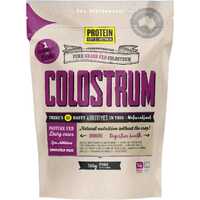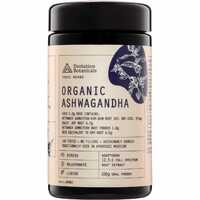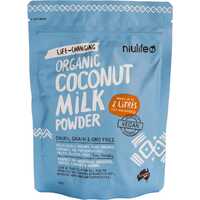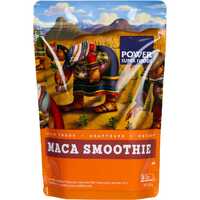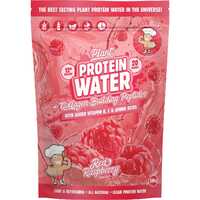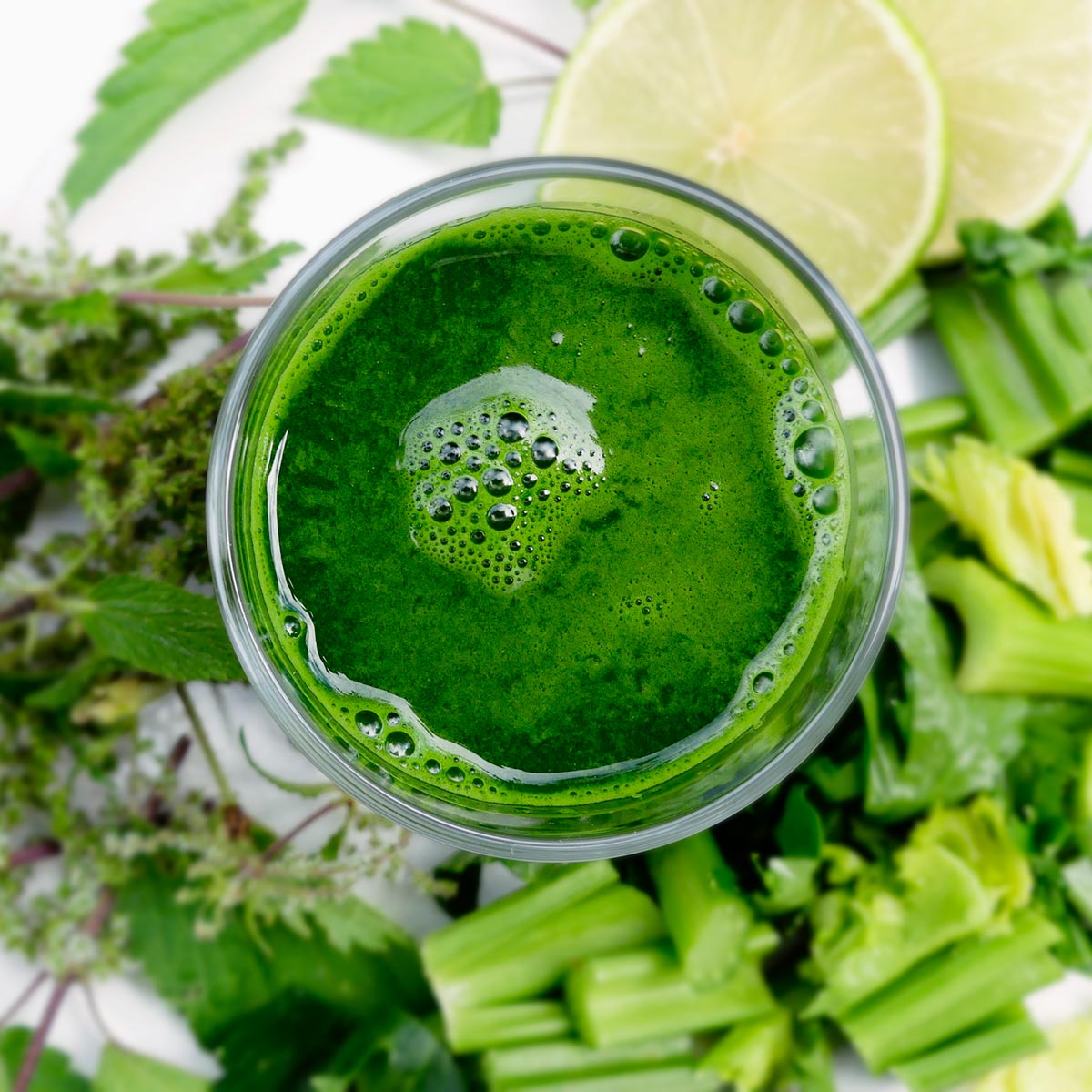When it comes to nutrition, what you drink is just as important as what you eat. From water and juices to shakes and smoothies, from tea and coffee to dedicated sports drinks, hydration comes in many forms. Liquids are essential for various life functions, preventing infections, enabling digestion, and fuelling the body with vitamins and minerals.
In this article, we'll review healthy drinks and their many benefits. We'll look at water, juices, shakes, smoothies, non-dairy milks, coconut water, tea, coffee, and sports drinks. When you consume a healthy mix of foods and drinks, you can energise your body and live your best possible life.
Healthy, Nutritious drinks
The following drinks are healthy and nutritious when consumed as part of a balanced diet:
Water
With just two atoms of hydrogen and one of oxygen, this simple inorganic compound is vital for all known forms of life. Pure water is tasteless and odourless, and it plays a number of important roles throughout the body. Among other things, water is needed to digest food, absorb nutrients, manage waste products, support mobility, and regulate body temperature.
It's important to drink enough water to stay hydrated and to consider the purity of the water you drink. While tap water in Australia is very good by global standards, many people choose to filter their water or buy pre-filtered products to ensure maximum purity. Good filters remove dirt and organic matter from water, and they also help to remove chlorine, herbicides, pesticides, and other chemicals.
Juices
Consuming fruit or vegetable juice is a great way to hydrate your body while accessing key vitamins and minerals. While juice is no better for your health than eating fruits and vegetables, it's much easier and more efficient to consume. For example, instead of eating three apples or four oranges in a row, a single cup of orange or apple juice provides the same nutritional goodness.
Juice is also incredibly versatile, and it's easy to extract from a variety of fruits and vegetables. The most popular juices are made from the tastiest fruits, including oranges, apples, pears, pineapples, mangoes, blueberries, and cranberries. Some vegetables also taste great when juiced, including carrots, tomatoes, celery, cucumber, and beetroot.
While some 100% fruit juice products contain more sugar than soft drinks, their natural fructose and glucose content is healthier than refined sugar. The calories consumed are certainly not empty, with juices containing the same nutrients as whole fruits in a cheaper and more accessible package. Consuming juice also gives you a break from digesting fibre, but drinking too much can raise your blood sugar quickly.
Shakes
Shake is short for milkshake, although this term has taken on a life of its own. In recent years, fitness enthusiasts and other health-conscious people have been making shakes with supplements, nuts, seeds, fruits, vegetables, and milk. If you choose to avoid dairy for whatever reason, delicious shakes can be made from soy milk, almond milk, rice milk, oat milk, or other non-dairy alternatives.
There are lots of ways to make a healthy shake, and you can make them as simple or extravagant as you like. Unlike the ice cream-heavy milkshakes of old, health shakes generally mix protein powders with lots of fresh, natural ingredients. When these ingredients are blended together, you can enjoy the nutritional goodness of a meal in an efficient liquid format. Shakes are often consumed before or after a workout, and they also make a great breakfast or mid-morning snack.
Protein shakes
Protein shakes have been getting more popular over recent decades — and for very good reason. Consuming liquid protein is a great way to boost your amino acid intake without eating lots of meat, and it also helps to support weight loss and promote muscle gains. These shakes are made from protein powder, which is easy to prepare and consume at any time of the day.
There are three types of protein powder: concentrates, isolates, and hydrolysates. Concentrates extract protein from various plant sources, isolates go through an additional filtering process, and hydrolysates undergo further heating with acid or enzymes. There is a payoff between simplicity and efficiency, with hydrolysates involving more processing but being absorbed quicker by the body.
Many powders are also fortified with vitamins and minerals, and some of them include added flavours and sweeteners. Protein shakes can be made from various types of protein powder, with the following examples being the most popular:
- Whey protein
- Casein protein
- Egg protein
- Pea protein
- Hemp protein
- Almond protein
- Rice protein
- Colostrum protein
- Protein blends
Smoothies
A smoothie is much like a shake, but it's less likely to be based around milk. This liquid-based drink may also be based around juice, yogurt, or ice cream, and some examples include nothing but blended fruits. Depending on how they're prepared, smoothies can also be very healthy, especially when you add protein powders, supplements, nuts, seeds, and vegetables. In fact, with a strong-enough blender, there's almost nothing you can't put into a smoothie.
Non-dairy milks
Non-dairy milks can be a great way to consume more liquids, and there are lots of examples on the market. Whether you like them in tea, coffee, cereals, or shakes, these products offer lots of nutrients without the digestive and ethical problems associated with dairy. The following non-dairy milks are the most popular:
- Soy milk
- Rice milk
- Oat milk
- Almond milk
- Hemp milk
Coconut water
Coconut water has been rising in popularity over recent years. Whether you drink it straight from a young coconut or in a commercial product, this sweet, hydrating drink has proven to be beneficial on several fronts. Coconut water is loaded with several important nutrients, including calcium, magnesium, phosphorus, and potassium. It also has potent antioxidant properties and is full of electrolytes for quick and efficient absorption. With a slightly sweet, kinda nutty, and deliciously subtle flavor, coconut water is a fantastic source of natural hydration.
Tea and coffee
Tea and coffee are two of the most popular beverages in the entire world. Tea is a blanket term used to describe a wide variety of steeped water beverages, including common black teas, refreshing green teas, and hundreds of herbal teas made from plants of all shapes and sizes. Coffee is made from a genus of flowering plants in the family Rubiaceae, and it's enjoyed across the world for its rich taste and stimulating qualities.
Black and green tea
The two most popular forms of tea are black tea and green tea. The former is loved mostly by European nations and their colonies, and the latter is enjoyed throughout most of Asia. Despite having different names, black tea and green tea actually come from the same plant — Camellia sinensis. The difference all comes down to preparation, with black tea exposed to air to trigger the oxidation process and green tea processed to prevent oxidation.
In terms of their health properties, both forms of common tea can be beneficial. Both black and green tea are rich in polyphenols, with these antioxidants helping to protect the body against dangerous free radicals. Green tea may have the upper hand, as it provides an excellent source of EGCG. Among other things, this potent antioxidant has been linked with a reduction in cancer and Alzheimer’s disease symptoms, along with providing general anti-fatigue and anti-microbial properties.
Herbal teas
Herbal teas are made from a wide variety of plants, all of which produce their own effects. The following herbal teas deserve special mention for their beneficial properties:
- Chai
- Peppermint
- Rooibos
- Ashwagandha
- Chamomile
- Dandelion
- Ginkgo biloba
- Ginseng
There are hundreds of herbal teas on the market, with many products producing stimulating or relaxing effects. From licorice to echinacea, from lemon myrtle to hibiscus, drinking herbal tea can be a great way to energise your body or calm your mind. There are also many fantastic tea blends on the market, many of which are designed to produce specific effects. For example, some teas are meant to induce sleep or reduce stress, and others are created to promote mental focus or support weight loss.
Coffee
Coffee is full of beneficial substances, including antioxidants that reduce internal inflammation and offer protection against Alzheimer’s disease, stroke, and heart disease. Even the caffeine in coffee can be healthy when enjoyed in moderation, offering physical energy and mental focus, among other benefits. Caffeine has even been linked to good outcomes in Parkinson’s disease, helping to lower the chance of developing the disease and also assisting those with the condition.
Sports drinks
Dedicated sports drinks are another great way to hydrate, especially if you're engaging in vigorous or prolonged exercise. Most examples are designed to replenish your body during or following exercise by adding glucose and electrolytes like sodium, potassium, magnesium, and calcium. Some brands also contain B vitamins, which are often associated with increased energy levels. While sports drinks contain carbohydrate in the form of sugar, most commercial sports drinks feature low-calorie sweeteners instead of refined sugars.
If you're looking for healthy, natural drinks, we have the solution. At Healthy Being, you can buy a wide range of protein powders, teas, coffees, non-dairy milks, and supplements for shakes and smoothies. So check out our website today or talk with our team to find out more.


 Certified Organic
Certified Organic Vegan Friendly
Vegan Friendly  Vegetarian
Vegetarian Organic Ingredients
Organic Ingredients Dairy Free
Dairy Free Gluten Free
Gluten Free Keto Friendly
Keto Friendly


























